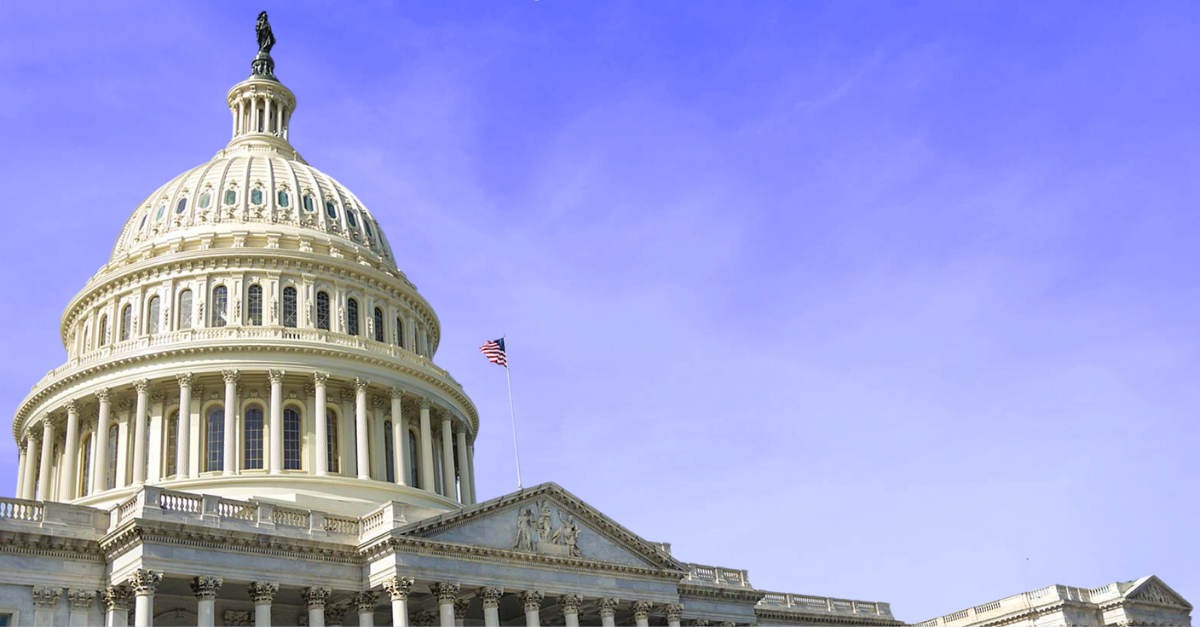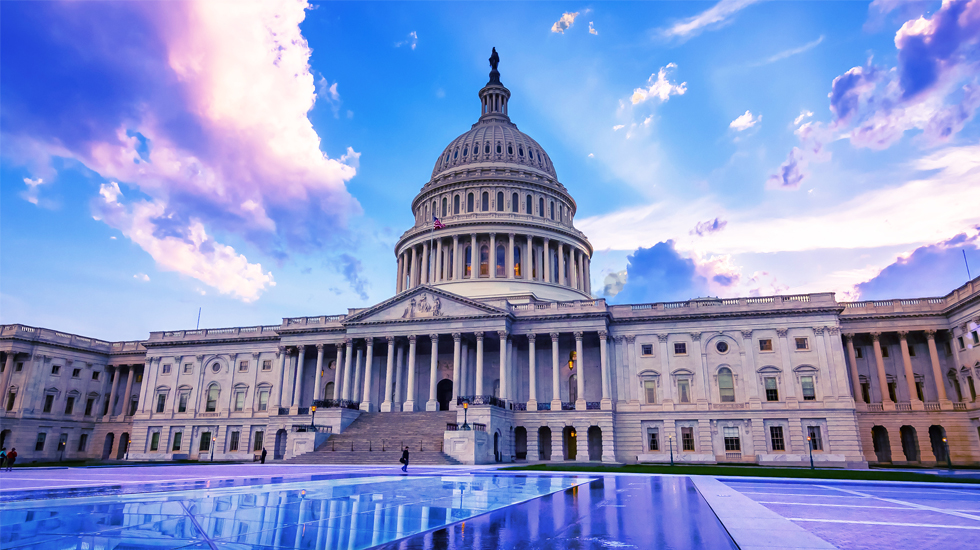Crypto and Digital Assets: Final GENIUS Act and Other Actions
Landmark stablecoin bill passes; market structure bill moves to the Senate

KPMG Regulatory Insights
- Time is Now: Full legislative passage of the GENIUS Act helps establish a regulatory framework for stablecoins, with potentially more actions coming.
- Operational and Control Readiness: Additional regulatory clarity will bring opportunities but also a need to assess and address operational and control readiness at scale.
- Potential Risks: With increasing adoption, companies will need to ensure effective risk management of current and emerging crypto-specific risks.
July 2025
The U.S. House of Representatives, as part of the House-announced “Crypto Week”, votes on several crypto and digital assets bills, including the full Congressional passage of the GENIUS Act. The series of bills marks rapid legislative actions to help bring regulatory clarity and promote financial system adoption and integration. Actions are further supported by the federal financial services regulators. Key activities include:
- GENIUS Act – Full Congressional passage
- CLARITY Act and Anti-CBDC Act – Initial passage in the House; Senate still to consider
- Regulatory Actions – Across the Federal Bank Regulatory Agencies (FRB, OCC, FDIC), CFTC and SEC
1. GENIUS Act – Full Passage
The U.S House of Representatives passes S.1582, the Guiding and Establishing National Innovation for U.S. Stablecoins Act (referred to as the GENIUS Act) by a vote of 308 to 122. The bill previously passed in the Senate (June 2025) and passes out of the House without amendment.
The bill seeks to establish a regulatory framework for “payment stablecoins” – generally defined as digital assets redeemable at a fixed monetary value and used for payments or settlement.
Among the provisions, the bill sets forth:
- Permitted Payment Stablecoin Issuers, including subsidiaries of insured depository institutions; nonbank entities, OCC-chartered uninsured national banks; and OCC-approved Federal branches; and entities established under state laws and approved to issue payment stablecoins.
- Requirements for Issuing Payment Stablecoins, including requirements for reserves, disclosures (e.g., fees, redemption), audits and certifications
- Capital, Liquidity and Risk Management Requirements contained in new regulations to be issued by the federal payment stablecoin regulators and including risk-based capital and capital buffers, liquidity standards, reserve asset diversification, and risk management principles.
- Bank Secrecy Act and Sanctions Laws Requirements, where Permitted Payment Stablecoin Issuers would be treated as “financial institutions” for purposes of laws related to economic sanctions, anti-money laundering, customer identification, and due diligence.
- Other Provisions addressing a variety of areas including marketing, bankruptcy, and custody.
For a summary of the above provisions, see KPMG Regulatory Insights’ Regulatory Alert on the GENIUS Act.
2. CLARITY Act and Anti-CBDC Act – Passage in the House; Senate Still to Consider
The House approves two additional crypto and digital asset bills, H.R. 3633, the Digital Assets Market Clarity Act (CLARITY Act), and H.R. 1919, the Anti-CBDC Surveillance State Act (Anti-CBDC Act). These bills will now move to the Senate for consideration. It is not clear how the Senate will proceed (e.g., approve as is, amend, propose alternate legislation).
- CLARITY Act. The CLARITY Act passed out of the House on a 294 to 134 vote. As passed, the bill would establish a market structure, including regulatory oversight by the Commodity Futures Trading Commission (CFTC) and the Securities and Exchange Commission (SEC), for the offer and sale of digital assets. As currently drafted, the bill notes that entities are expected to comply with “core principles” that include trade monitoring, record keeping and reporting, antitrust considerations, and conflicts of interest, as well as additional requirements including provisions related to Bank Secrecy Act/anti-money laundering compliance and custody.
- Anti-CBDC Act. The Anti-CBDC Act passed out of the House on a 219 to 210 vote. As passed, the bill (among other provisions) would prohibit the Federal Reserve Banks from offering, directly or indirectly, a CBDC, or any digital asset that is substantially similar under any other name or label, to an individual through a financial institution or other intermediaries.
3. Regulatory Actions
The federal financial services regulators have taken a variety of actions related to crypto and digital assets since the beginning of the year, including:
- A joint statement by the Federal Bank Regulatory Agencies (FRB, OCC, FDIC) addressing Crypto-Asset Safekeeping, where “safekeeping” is defined as “holding an asset on a customer’s behalf.” The agencies summarize that the joint statement discusses how existing laws, regulations, and risk-management principles apply to this activity, and does not create any new supervisory expectations.
- The release of OCC Interpretive Letter 1183 to reaffirm that the crypto-asset custody, distributed ledger, and stablecoin activities, as outlined in previous Interpretive Letters issued in 2020 and 2021, are permissible for national banks and federal savings associations. The new Interpretive Letter also rescinds a requirement that OCC-supervised institutions must receive supervisory nonobjection and demonstrate that they have adequate controls in place before they may engage in these cryptocurrency activities. The FDIC and the FRB have separately issued guidance as well.
- Withdrawal of staff advisory guidance by the CFTC to clarify that the regulatory treatment of digital asset derivatives will not vary from the treatment of other products. The CFTC also convened a “CEO Forum” to discuss the launch of a pilot program to assess tokenized non-cash collateral such as stablecoins.
- A variety of actions by the SEC including the:
- Formation of a new SEC Crypto Task Force and complementary Cyber and Emerging Technologies Unit (replacing the former Crypto Assets and Cyber Unit).
- Determination to drop investigations and pause/close outstanding lawsuits against multiple crypto firms, signaling a shift in enforcement focus.
- Recission of SEC Staff Accounting Bulletin (SAB) 121- financial reporting for companies safeguarding digital assets.
Dive into our thinking:
Crypto and Digital Assets: Final GENIUS Act and Other Actions
Landmark stablecoin bill passes
Download PDFExplore more
Meet our team

Subscribe to receive regulatory and compliance transformation insights
By registering you will periodically receive additional compliance-related communications from KPMG.


